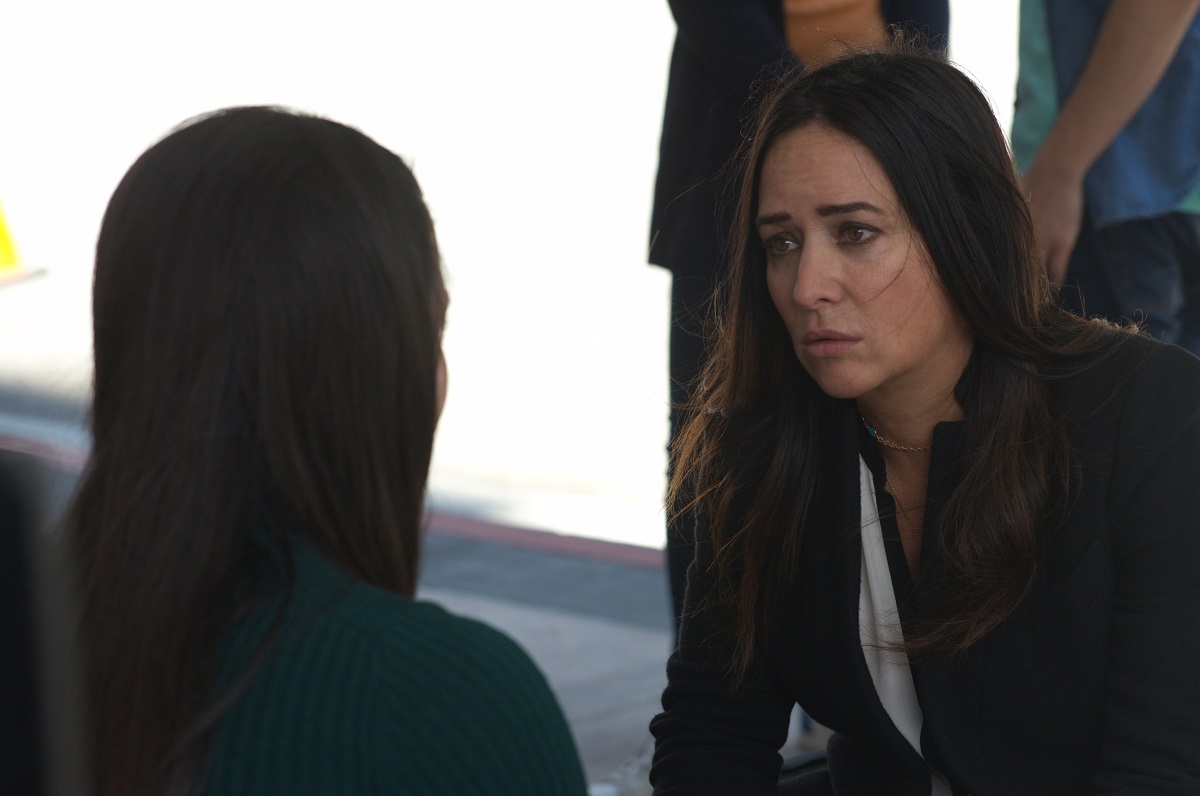Having covered television for two decades, I’m increasingly drawn to shows that break traditional genre definitions, and the truth is that most of the groundbreaking work lately is happening in the more creator-driven world of TV comedy. Shows like “Atlanta,” “Barry” and “Master of None” are vibrant and unconcerned with traditional comedy bits or structures. While he’s on black lists for most studios now, the fact is that a lot of this is owed to how much Louis C.K. broke molds with “Louie,” and that same personal, confessional form of comedy storytelling is embedded in the DNA of FX’s “Better Things,” a show he co-created with star/writer Pamela Adlon. “Louie” is gone, but we’re all lucky that “Better Things” lives on, still challenging norms for shows about motherhood, Hollywood, and, well, everyday life. An episode of “Better Things” almost requires one to recalibrate their brain in the way it doesn’t adhere to traditional sitcom beats or storytelling structure. Naturally, I kinda love it.
The plot descriptions for episodes of “Better Things” are almost a thing of beauty in their simplicity. “Sam unleashes.” “Sam sees old friends and cooks for everyone.” This is not exactly the Dunphys of “Modern Family” going through their latest comedy of errors. The descriptions hint at how “Better Things” isn’t exactly what one would call plot-driven. It’s more like a series of short films, most of which aren’t even the length of an episode. Sometimes a half-hour will have a narrative thrust—like the premiere, in which Sam (Adlon) has to take her eldest to college—but often they won’t, picking up mid-scene and ending mid-scene.

This season feels more structureless than ever, and I mean that in a good way. We’re often with Sam and her friends or family hearing snippets of conversation, feeling mood and tone more than plot. It started to remind me of “Short Cuts,” or the short stories of Raymond Carver, fleeting character beats and dialogue that amount to something truthful in their accumulation.
Once again, Adlon is totally fearless in how much of herself she is literally willing to reveal, such as opening the season with her trying on pants that don’t fit any more. It’s a season about menopause, weight gain, concern over her mother’s dementia, and, most of all, motherhood in all its glory and awfulness. Parenthood is so often a cynically manipulative sitcom trope, and parents on TV are almost always the extremes of bumbling idiots or idealized saints. It’s so refreshing to see a show that respects the complexity of being a parent in the ‘10s. We can be both, sometimes in the same moment.
Don’t get me wrong. I like comedies that try to be strictly funny too. All those shows I mentioned like “Atlanta” and “Barry” are often hysterical, and “Better Things” has some great pure comedy scenes. It just doesn’t feel like a show that relies on them. Adlon is more concerned with character and truth. “Better Things” has that element that commonly comes with great fiction in that it feels like we’re dropping in on lives that existed in the months since this show was on the air. It’s like visiting old friends —some of it is funny, some of it is dramatic, some of it is silly. And we can’t wait till the next time we get to drop in.
Review based on the first eight episodes of season three, premiering February 28th.












